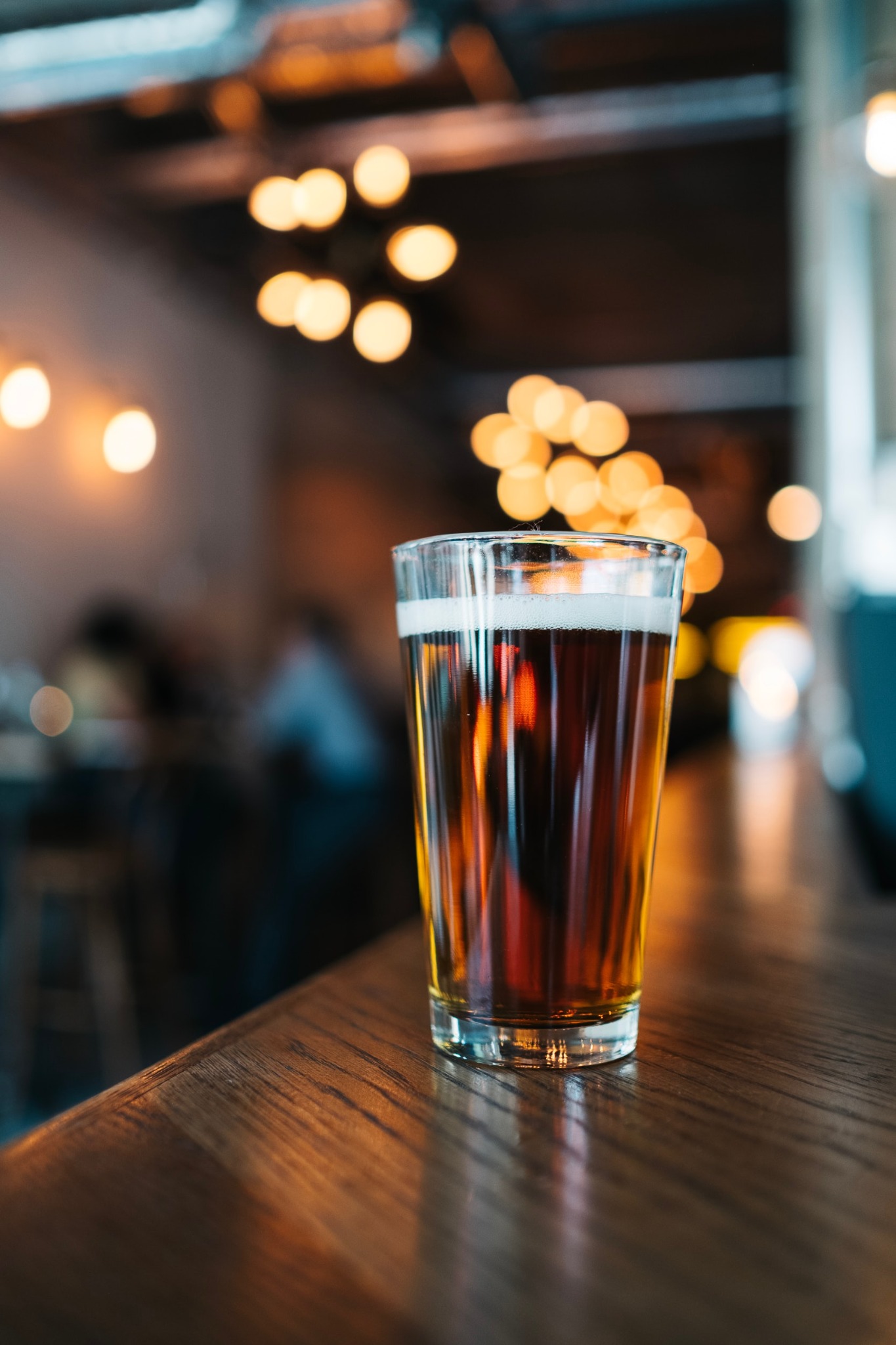The Screeching Halt of Stockholms Nightlife

The inability to social distance has forced many club venues to remain closed for the foreseeable future and the government’s restrictions has forced nightlife attractions to come to a screeching halt.
Mazdak Dorosti, 37, who runs Stockholm Pub Crawl, says that he has been forced to shut down his business entirely because he relies on the cooperation of clubs and bars to organise his pub crawls.
Dorosti said that he has gone back to working for Handelsbanken, in order to earn an income until they can safely operate again.
Despite the recent restrictions, Dorosti is already planning on opening his business again.
Regarding how he planned to open his business, Dorosti said: “We hope to be back and operating as we used to, by the summer, a little bit optimistically. We hope that everything will be going back to usual by midsummer, due to the vaccines.”
Everyone in society has been affected by the pandemic in one way or another, and the nightlife industry is just one part of those that have felt its effects. The people within the industry are hopeful and planning for when they can fully operate again and the people who regularly go out are waiting for when they can finally put an end to this highly irregular point in history. The pandemic has raged for almost a year, and people across the world are longing for when a sense of normalcy can be restored.
"We hope that everything will be going back to usual by midsummer..."
It is early in the afternoon and fresh snow has been scraped towards the sides of the paths in Stockholm in order to allow people to walk. The Irishman Inn, a bar in Drottningholmsvägen 18, opened its doors about an hour ago. The long red carpet welcoming people up to the bar is already littered with snowy boot prints. Inside it is bustling with people sipping beer, socialising and watching the football game.
Many bars have started seeing an increase in day drinking, with their peak hours being earlier in the day than usual due to the government’s coronavirus restrictions banning sales of alcohol after 8pm.
According to bartender Jamay Dennis, 25, also known as the Irishman: “Instead of drinking over the night, slowly and more responsibly, people are instead drinking super-fast because they think that ‘it is 8’o clock soon so I have to get drunk’.”
Bars, such as the Irishman Inn, in Stockholm have started seeing their peak hours, which are usually around 11pm to 1am, shift to a lot earlier in the day as people are trying to go out drinking earlier than ever before. Drinking establishments are seeing a rise in day drinking with many bars bustling early in the afternoon.
The coronavirus pandemic has raged across the world, forcing many businesses to either work at a reduced capacity or close entirely. One industry that has been hit particularly hard by the pandemic and government restrictions is the nightlife industry.
A lot of countries have enforced various restrictions in order to combat the coronavirus pandemic. Many of these restrictions are aimed at decreasing social gatherings, forcing establishments such as restaurants, bars and clubs around the world to be closed down for almost a year.
However, Sweden has stood out for it’s more relaxed approach to tackling the virus. From the beginning of the pandemic, the government has chosen to keep the country open for the most part, while its neighbours have been going in and out of lockdowns.
Despite international criticism, the government’s approach was welcomed by many in the country. The government claims that the novel approach works in Sweden due to an already present Scandinavian culture that does not put emphasis on large social gatherings, with many people joking that social distancing was present in Sweden even before the pandemic.
Having previously touted of its success, the government has recently been forced to backpedal and enact stricter restrictions in the face of rising coronavirus cases.
The people most affected by these restrictions have been bartenders, nightlife organisers and the people who used to regularly go out to these establishments. The efficacy of these restrictions remains to be seen.
Bars, clubs, restaurants and live music venues have seen almost no revenue for the past year due to being unable to operate in the midst of a pandemic. The statistics agency indicated in a report released in June 2020 that restaurant sales have decreased in the first quarter by 9.3%.
According to Dennis, his bar is losing 87% of its revenue with the new restrictions forcing it to close at 8pm, missing their usual peak in the night. This has forced the bar to cut staff and minimise many other expenses in order to survive.
Post a comment